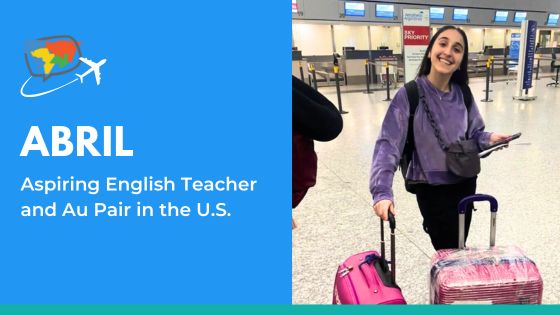In addition to traveling and having the chance to improve her English skills, getting into teaching ESL drove Bridge grad Abril Galloti, from Argentina, to get TEFL/TESOL certified while in her au pair program in the U.S. She gives us a picture of what her au pair work is like, from the process of choosing a host family and courses to her daily tasks, and shares how she intends to practice her newfound English teaching skills after completing her au pair program.
Hi, Abril! Can you share a bit about yourself?
I’m 22 years old. I’m from Cordoba, Argentina and I’ve been living in Denver for almost a year. I’m here with Cultural Care’s au pair program, through which you come to the U.S. to live with a host family and take care of the children. It’s a type of cultural exchange.
What motivated you to become an au pair in the U.S.?
First of all, I wanted to travel and improve my English, so I thought it would be a great idea to come here and live with an American family. My initial thought was to come here and study English and go back to Argentina with a better English level.
What were the main requirements for getting into the au pair program?
The au program is based on a J-1 visa, so you need to take courses to earn credits to complete your year and obtain a certificate proving you were an au pair in the U.S., meaning you need to study something or take a course here. With that, you can also renew your visa, because if you want to stay for one more year, you need to earn the credits.
For the au pair program, you’ll need at least six academic credits, which is 72 hours of coursework. You can tell the agency which course you want to take and you can start the course once it’s approved.
Read a comprehensive overview of the requirements to qualify for an au pair program.
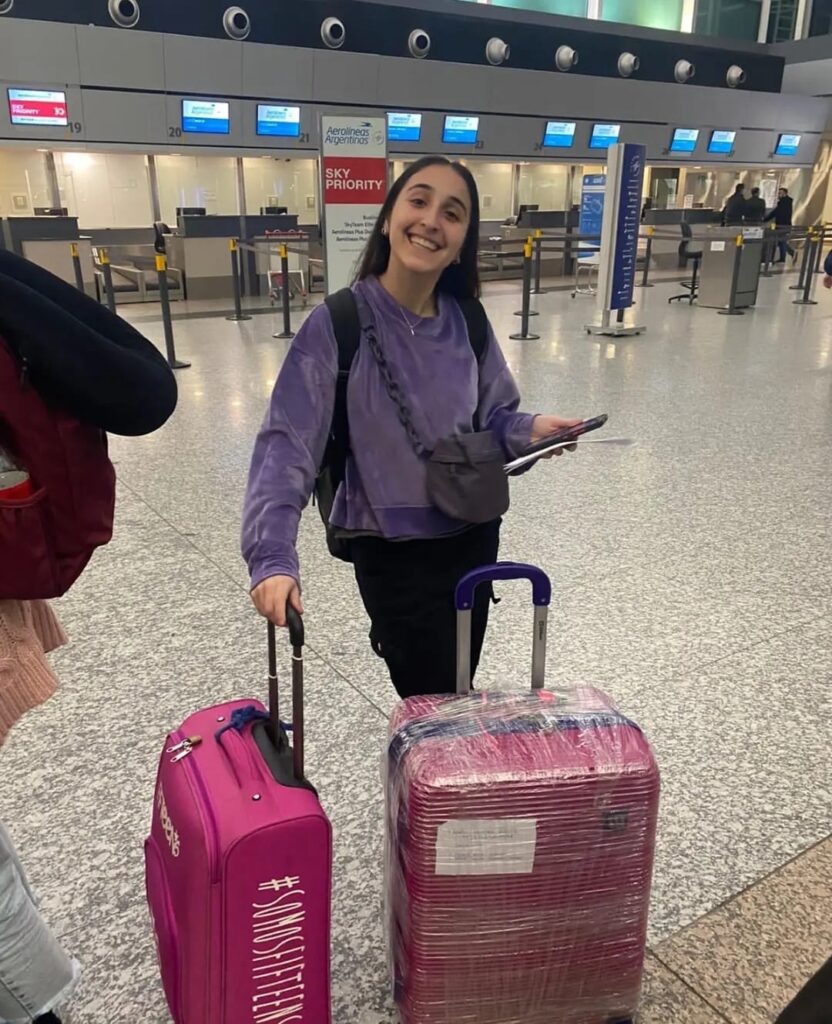
How did you choose your au pair location and the host family you’re working with?
We have a platform where you can create your profile and see the host families. The families can also see the au pairs, and they go through the page and they send you a message if they want to meet or have a conversation with you. Then, if you like the family, you say “yes.” You can also deny the request.
Then, you have interviews. You FaceTime and talk about things like the schedule with the kids. The process begins at this point.
Currently, I live with my host mom and dad and I’m taking care of two children. The oldest one is three years old and the youngest is 17 months. I’ve been living with them this whole time, and I’m going to extend my stay for one more year with them.
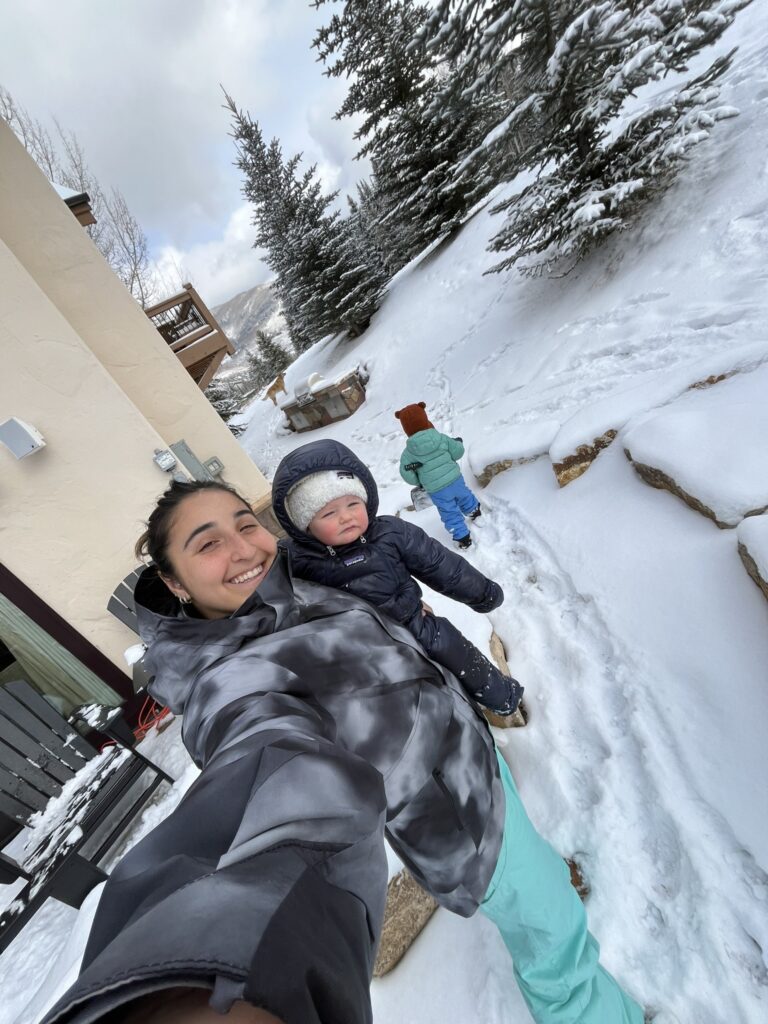
What’s your typical day like as an au pair?
I have an 8 a.m. to 5 p.m. schedule and we do fun things like taking a walk in the park. One of the kids goes to school so I drive him. On Mondays, the kids wake up pretty early so I make them breakfast first thing, and then we do play dates in the library or go to the park. Then, we have lunch and they take a nap.
After the nap, we sometimes go to the park again or go for walks – we have a nice trail near the house. I always try to make different plans so they can be entertained.
In my free time, I go shopping with my friends. We also explore new places here in Denver. Sometimes we travel to Vail or Avon just to get to know places. We also go on weekend trips. We’ve been to Las Vegas and Miami, for example. If we are not traveling, we just go to Washington Park, the main park here, and hang out there with some music.
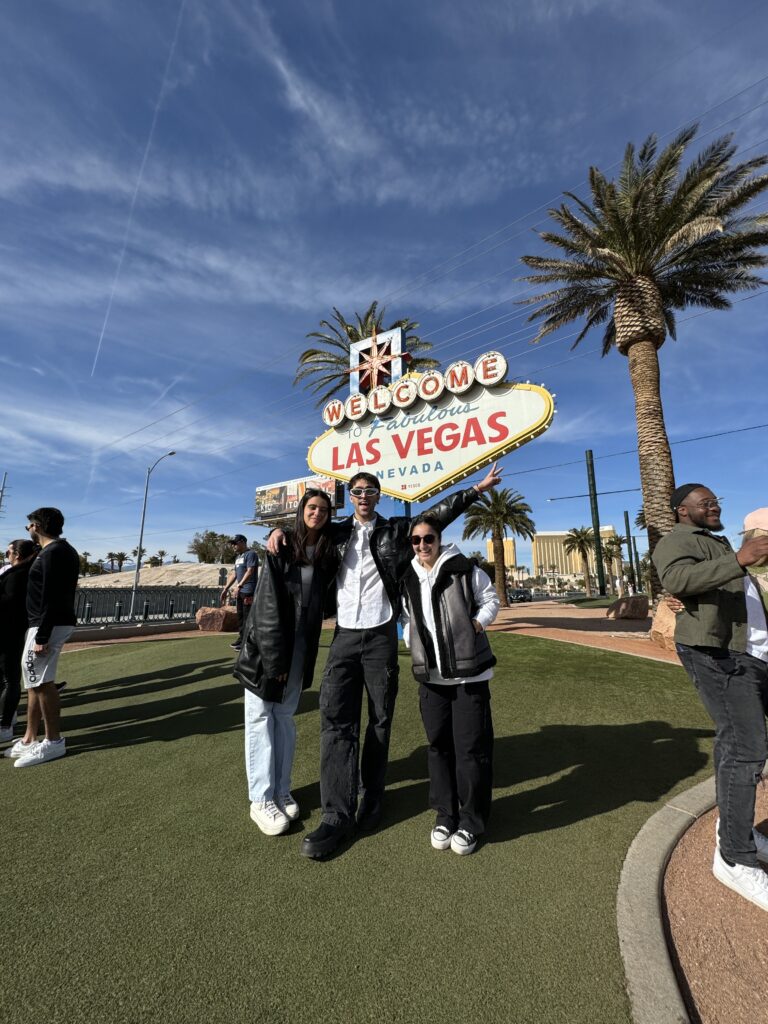
What made you interested in teaching English and earning a TEFL/TESOL certification?
When I came here, I wanted to improve my English. We have au pair groups and some people were recommending English courses. In addition to talking with your host family, courses are another way to improve your English. So, I thought that was a good idea and was also interested in courses on learning how to teach. In Argentina, I already knew English, but it was really different when I came here. I was also thinking I couldn’t waste the opportunity to study here.
I was thinking about which courses I could take. I had seen the Bridge Master Certification course when I was still in Argentina and I thought I wanted to take it. When I came here, one of the au pairs in the program told me the course was great, so I decided to take it.
Have you ever taught English?
I’ve taught my brother and his classmate but it was really different because the environment was in my own home, and at the time, I didn’t know how to answer many questions related to the English language.
How do you think your experience as an au pair will help you as an English teacher?
I’ve improved my English so much, and I think I can teach American English as well now. English is different in Argentina, as British English is more commonly used there.
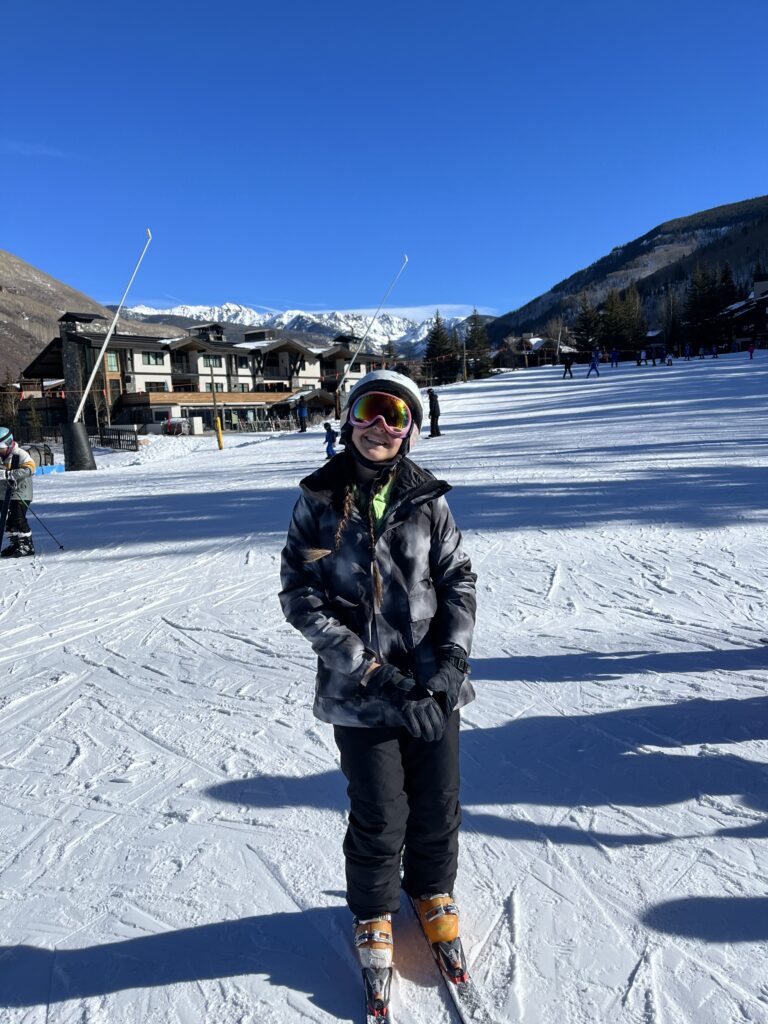
What was your experience like when you were choosing a course for your J-1 visa credits?
Mainly, I was thinking about the hours. I didn’t want to take a 50-hour course and then find another course to meet the full requirements, so I decided to look for a course that would be even more hours than I needed. I chose Bridge because everyone said it was great and that the platform and the teachers were awesome.
With my daily schedule, an online, self-paced course was perfect. I’m usually tired by evenings, so I wanted to do the course during my own time and on weekends.
Want to learn more about becoming an au pair? Read our guide to becoming an au pair in the USA.
How did you manage to juggle your TEFL/TESOL studies with your au pair tasks?
From Monday to Friday, after 5:00 p.m. or 6:00 p.m., I studied. I also worked on the course a bit on Saturday mornings and Sunday evenings to keep going.
You completed the Bridge 120-Hour Master Certificate. Why did you decide to take this course?
I chose the course because it includes introductory modules in teaching young learners and teaching Business English, and it gives me the base that I want to become an English teacher. And although I needed to complete 72 hours (for the au pair program), I thought I could do more.
How did the course help prepare you for teaching English?
It was great and really comprehensive! I was surprised because it’s so difficult when you know English but don’t know how to teach it. So, it gave me a lot of tips and tools for teaching. And when I was doing the course, I was also trying to teach my brother using all the resources and different activities. For example, I remember learning that it was important to know the English language level of the people you’re teaching so you can think about the activities that will help them improve. In addition, the course helped me learn to plan classes and find the right activities.
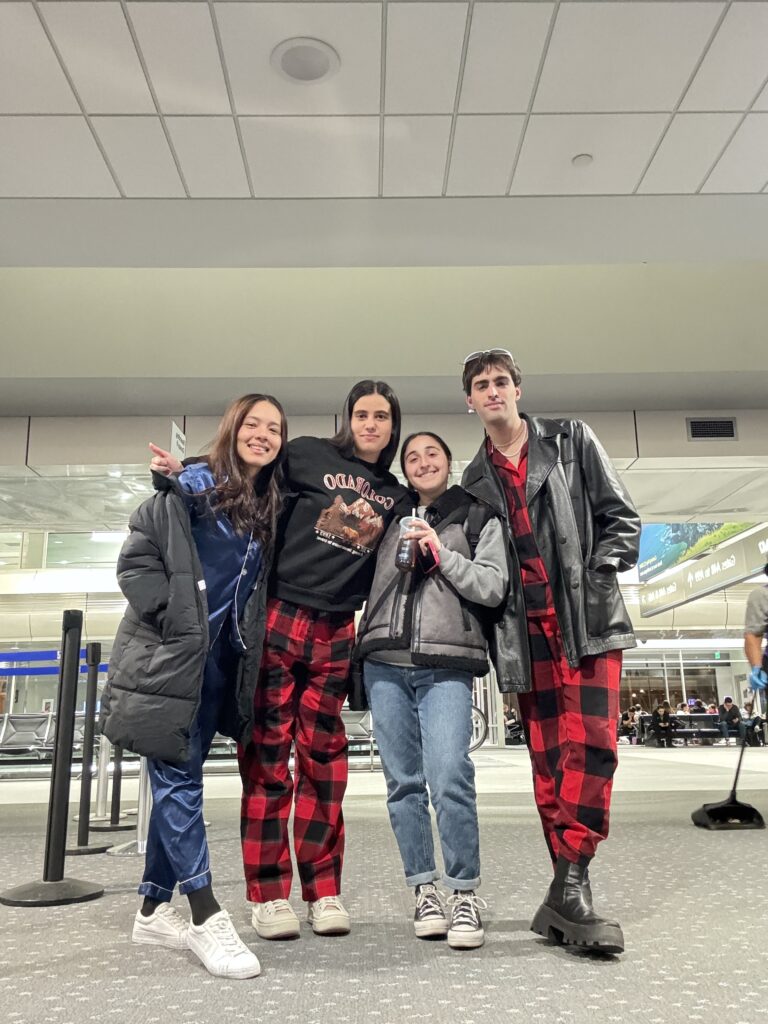
What are your plans after completing the au pair program?
I want to finish my studies. I was studying engineering in Argentina and didn’t finish it because I came here, so one of my plans is to get a student visa this year and complete my degree here in the U.S.
I’d also like to transfer the credits earned from my TEFL/TESOL course to a college program, and I would like to teach English – maybe in a school or through offering private classes – when I go back to my home country. I also want to take more courses.
Do you have any advice for au pairs who want to get TEFL/TESOL certified and prepare to become an English teacher?
Just do it! I think the Bridge Master TEFL/TESOL course is great and you can learn a lot from it! I learned so much. It’s also great even if you’re from another country, like a Spanish-speaking one.





